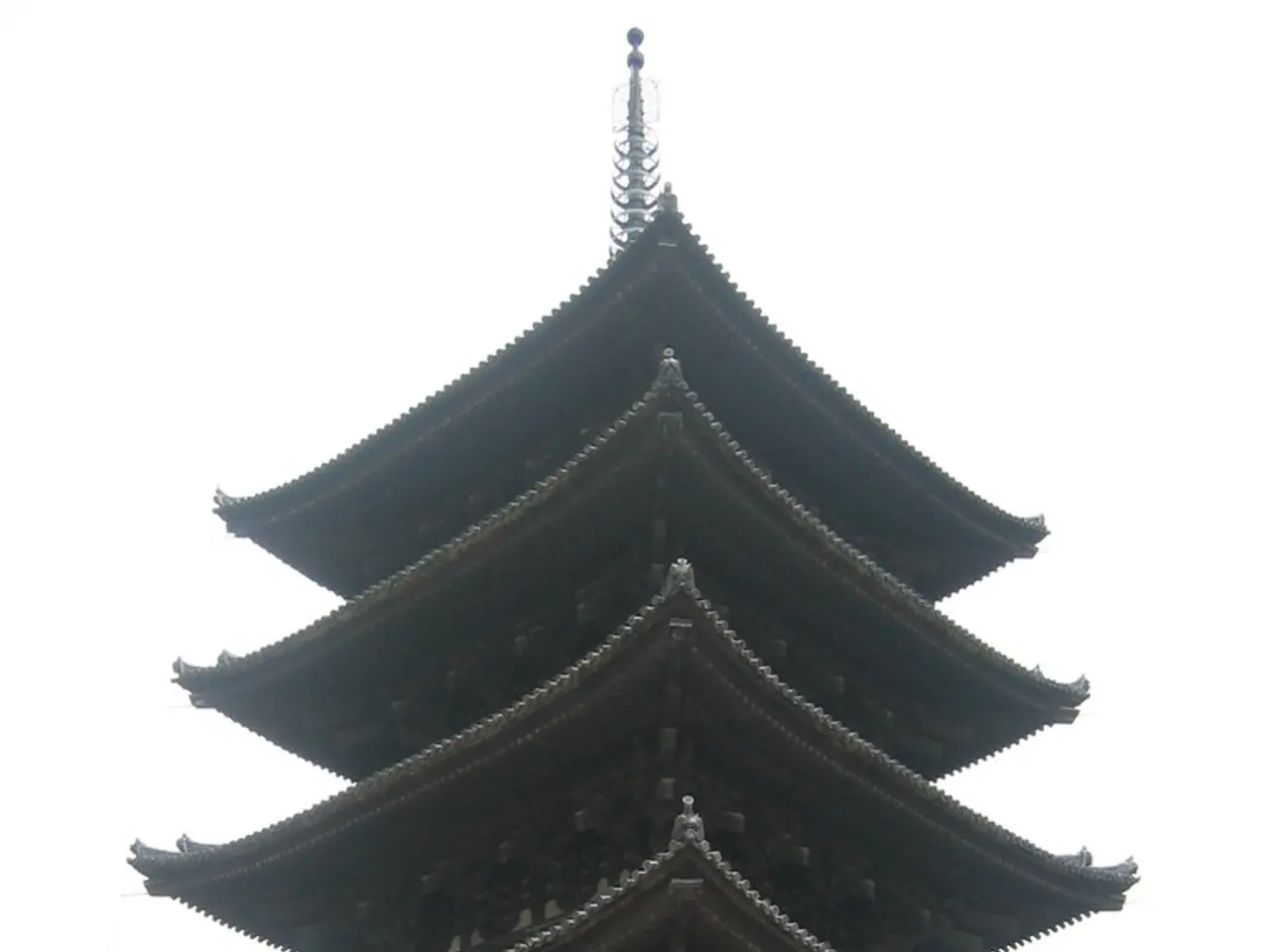Xi Jinping Criticizes US "Protectionism" During Phone Conversation with Brazil's Lula
In a recent phone conversation, Brazilian President Luiz Inácio Lula da Silva and Chinese leader Xi Jinping discussed the evolving relationship between their countries, particularly in the context of global trade wars and BRICS cooperation.
Since Lula's return to the presidency in 2023, his relationship with Xi Jinping has been marked by strengthened economic and diplomatic ties. This reflects Brazil's strategic interest in deepening engagement with China, its largest trading partner.
Both leaders have emphasized the importance of BRICS cooperation as a platform to counterbalance Western dominance in global economic affairs, especially amid ongoing trade tensions and trade wars involving the U.S. and China. Lula’s government has sought to position Brazil as a key player within BRICS, advocating for increased cooperation on trade, investment, and development financing, areas where China plays a leading role.
The conversation between Lula and Xi also included a request from former U.S. President Trump for China to increase purchases of US soybeans. However, in recent months, Beijing has been buying more soybeans from its top supplier, Brazil, indicating a shift in trade dynamics.
The call marked an effort by Lula to build solidarity across the BRICS club of major emerging nations. The leaders discussed international affairs, including the Russia-Ukraine war, and agreed on upholding multilateralism through the Group of 20 and BRICS.
China is willing to work with Brazil to strengthen coordination and set an example of unity among Global South nations. This sentiment was echoed by Lula, who spoke of the need to safeguard Brazil’s growth amid trade uncertainties through strategic partnerships, including with China.
It is important to note that Brazil has become a target of US trade war after higher tariffs were imposed in an attempt to end the trial of former President Jair Bolsonaro on charges of attempted coup. In response, Lula's government has sought to expand trade with other partners, especially with China, India, and Southeast Asia.
The BRICS group, established in 2009, expanded last year to include Iran, the United Arab Emirates, Ethiopia, and Egypt. Brazil holds the BRICS rotating presidency this year, and the leaders discussed ways to further strengthen the cooperation within the group.
For detailed and up-to-date information specifically discussing how Lula’s and Xi’s relationship has evolved post-2022, particularly within BRICS and global trade war contexts, more targeted sources or recent analyses would be required. The search results provided do not contain this specific information.
The conversation between Lula and Xi lasted approximately one hour, and during Lula's state visit to Beijing in May, he signed more than 30 agreements for Chinese investment. Xi described the relationship between China and Brazil as being at its best in history.
In conclusion, the relationship between Lula and Xi has been characterized by a strengthening of economic and diplomatic ties, with both leaders placing a high emphasis on BRICS cooperation as a means to counterbalance Western dominance in global economic affairs. The ongoing trade tensions between the U.S. and China have led Brazil to seek out strategic partnerships with other nations, including China, to safeguard its growth amid trade uncertainties.
- Amid ongoing trade tensions and war-and-conflicts involving major economies, such as the US and China, Lula’s government has sought to position Brazil as a key player within the BRICS, advocating for increased policy-and-legislation focused on trade, investment, and development financing, areas where China plays a leading role.
- The leaders discussed the Russia-Ukraine war and agreed on upholding multilateralism through the Group of 20 and BRICS, reflecting their shared concern in the politics of global affairs and their commitment to general-news cooperation within the BRICS club of major emerging nations.








